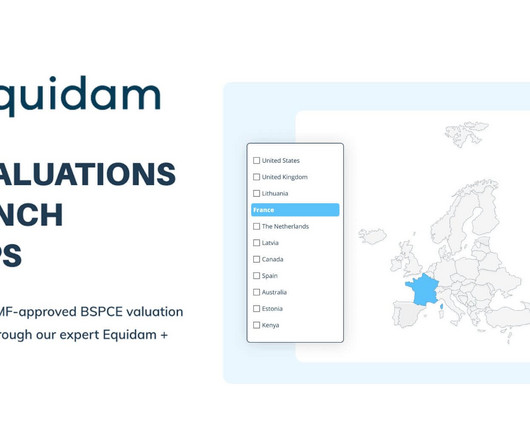Business Valuation : Key Events, Compliance Needs, and When Your Company Should Get One
RNC
JUNE 28, 2025
The truth is, several key events and compliance needs require businesses to obtain certified valuation reports. It is crucial that valuations are performed by qualified professionals — typically IBBI-registered valuers using globally accepted methods such as DCF, market approach, or asset-based approach.











Let's personalize your content